Home>Garden Essentials>How Long Does It Take For A Seed To Germinate
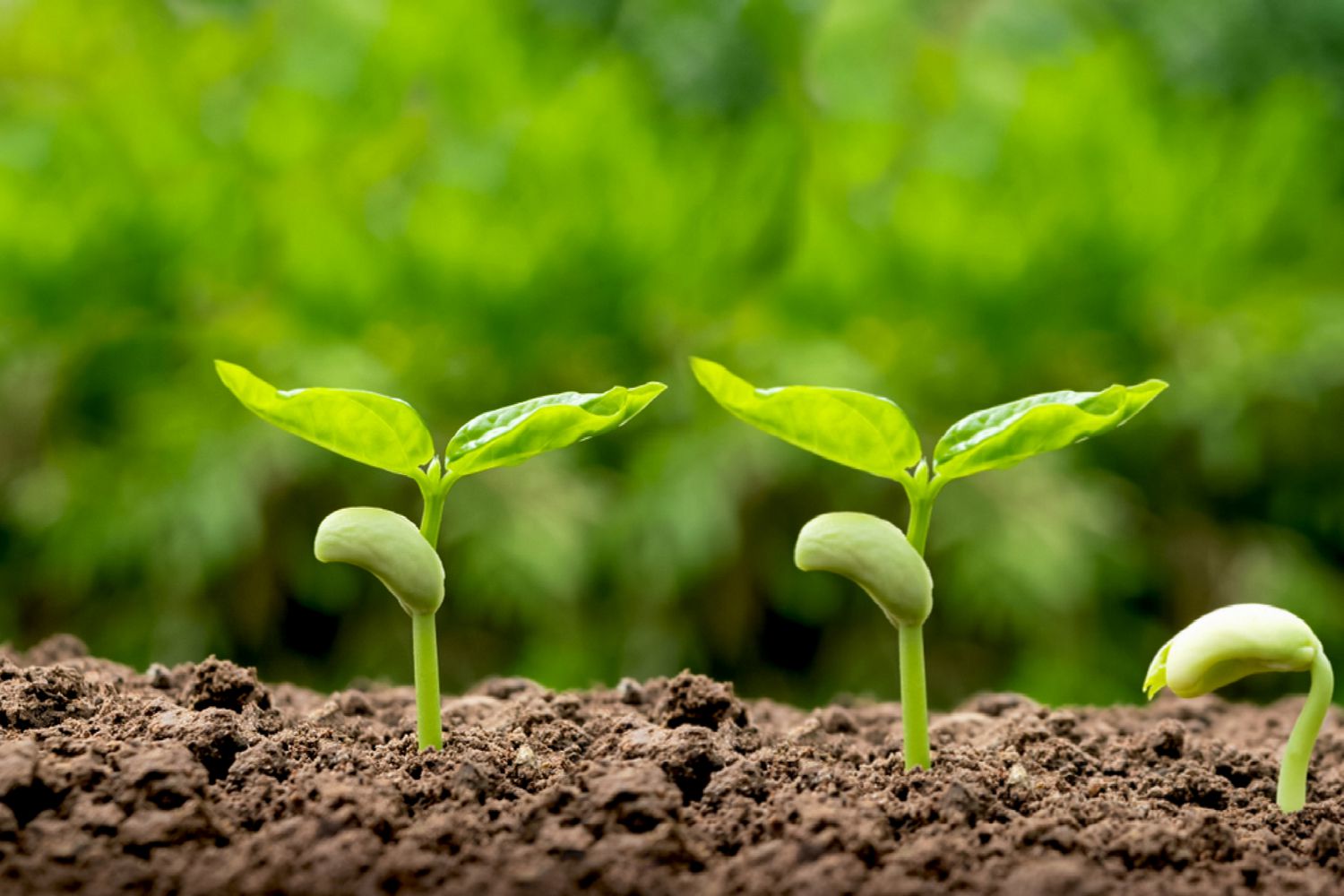

Garden Essentials
How Long Does It Take For A Seed To Germinate
Modified: April 22, 2024
Learn how long it takes for a seed to germinate in your garden and start your gardening journey with success.
(Many of the links in this article redirect to a specific reviewed product. Your purchase of these products through affiliate links helps to generate commission for Storables.com, at no extra cost. Learn more)
Introduction
Seed germination is the process by which a seed transitions from dormancy to active growth. It is an exciting and crucial stage in the life cycle of a plant. The germination time can vary significantly depending on several factors, including the plant species, environmental conditions, and seed quality. Understanding the factors that influence seed germination time and implementing strategies to speed up the process can greatly enhance the success and productivity of your garden.
In this article, we will explore the various factors that affect seed germination time and provide insights into the common germination times for popular plants. We will also delve into experiments conducted to study germination time and share tips and techniques to help accelerate the germination process. So, grab your gardening gloves and let’s dive into the fascinating world of seed germination!
Key Takeaways:
- Seed germination time varies based on factors like temperature, moisture, and seed quality. Understanding and manipulating these factors can speed up the process and lead to a successful garden.
- Popular plants have different germination times, so it’s important to plan accordingly. Techniques like pre-soaking, scarification, and providing optimal conditions can help speed up germination and ensure healthy seedlings.
Factors Affecting Seed Germination Time
Seed germination is influenced by several factors that interact with each other to determine the time it takes for a seed to sprout. It is essential to understand and manipulate these factors to ensure successful germination. Let’s take a closer look at some of the key factors affecting seed germination time:
- Temperature: Temperature plays a vital role in seed germination. Most seeds germinate best within a specific temperature range. Some seeds prefer cooler temperatures, while others require warmer conditions. Maintaining the optimal temperature for your seeds can significantly impact their germination time.
- Moisture: Adequate moisture is crucial for seeds to germinate. It helps to soften the seed coat and trigger the biochemical processes that initiate growth. However, excessive moisture can lead to rot and prevent germination. Striking the right balance is key.
- Light: While some seeds require light to germinate, others prefer darkness. Light can either inhibit or stimulate the germination process, depending on the specific plant species. It is important to understand the light requirements of your seeds to ensure optimal germination.
- Air/Oxygen: Like all living organisms, seeds require oxygen for respiration. Oxygen is essential for energy production during germination. Proper aeration of the soil or growing medium is necessary to ensure that seeds receive an adequate oxygen supply for efficient germination.
- Seed Quality: The quality and viability of the seed have a direct impact on germination time. High-quality seeds have a higher chance of successful germination compared to seeds of poor quality. Using fresh, viable seeds obtained from reliable sources is crucial for achieving optimal germination rates.
- Soil Quality: The condition of the soil or growing medium can also influence germination time. Seeds require a favorable environment with appropriate nutrient levels, pH balance, and good drainage. Providing a nutrient-rich, well-draining soil can expedite the germination process.
- Dormancy: Some seeds have built-in mechanisms that cause them to enter a dormant state, requiring specific conditions to break dormancy and trigger germination. Scarification, stratification, or other treatments may be necessary to overcome seed dormancy and facilitate germination.
Understanding these factors and their interplay is critical for successfully managing seed germination. By manipulating these variables to create optimal conditions for your specific plant species, you can effectively control and expedite the time it takes for your seeds to germinate.
Common Seed Germination Times for Popular Plants
The germination times of seeds can vary greatly depending on the plant species. Some seeds germinate quickly, while others may take several weeks or even months to sprout. It is helpful to have an understanding of the typical germination times for popular plants when planning your garden. Here are some common seed germination times for popular plants:
- Lettuce (Lactuca sativa): Lettuce seeds are known for their quick germination. Under ideal conditions, they can sprout within 2 to 7 days.
- Tomato (Solanum lycopersicum): Tomato seeds typically take around 5 to 10 days to germinate. They require warm soil temperatures and consistent moisture for optimal germination.
- Carrot (Daucus carota): Carrot seeds have a longer germination time of about 14 to 21 days. They require consistently moist soil and cooler temperatures for successful germination.
- Radish (Raphanus sativus): Radish seeds are known for their rapid germination. They can sprout within 3 to 7 days, making them an excellent choice for quick results in the garden.
- Zinnia (Zinnia elegans): Zinnia seeds have a germination time of around 7 to 14 days. They prefer warm soil temperatures and bright light for optimal germination.
- Cucumbers (Cucumis sativus): Cucumber seeds typically germinate within 7 to 10 days. They require warm temperatures and consistent moisture to sprout successfully.
- Sunflowers (Helianthus annuus): Sunflower seeds have a germination time of about 7 to 14 days. They prefer warm soil temperatures and full sun for optimal growth.
- Beans (Phaseolus spp.): Beans have a relatively quick germination time of around 7 to 10 days. They require warm soil temperatures and consistent moisture for successful sprouting.
These are just a few examples of popular plants and their average germination times. It is important to note that environmental conditions and seed quality can also affect the germination time. Therefore, it is always best to refer to the specific seed packets or consult reliable gardening resources for accurate germination time information.
Knowing the germination times of your desired plants will help you plan your gardening activities effectively. You can sow seeds at the appropriate time, provide the necessary care, and anticipate when to expect the first signs of sprouting in your garden.
Keep the soil consistently moist but not waterlogged, and provide warmth and sunlight. Different seeds have different germination times, so be patient and check the specific requirements for the type of seed you are planting.
Germination Time Experiments and Findings
Various experiments have been conducted to study seed germination times and determine the most effective methods to accelerate the process. These experiments have provided valuable insights into the factors that influence germination time and yielded interesting findings. Here are a few notable experiments and their findings:
Experiment 1: Germination Time and Temperature
In this experiment, different groups of seeds were subjected to varying temperatures to observe their germination times. The findings revealed that seeds exposed to warmer temperatures had faster germination rates compared to those in cooler temperatures. However, extreme heat can still be detrimental and inhibit germination. The optimal temperature range for most seeds is between 65 to 75 degrees Fahrenheit (18 to 24 degrees Celsius).
Experiment 2: Light vs. Darkness
The purpose of this experiment was to determine the impact of light on seed germination. Seeds were divided into two groups, with one group exposed to light and the other kept in darkness. The results indicated that light exposure did not significantly affect the germination time of most seeds. However, certain light-dependent seeds, such as lettuce and petunias, showed faster germination when exposed to light.
Experiment 3: Seed Soaking
Seed soaking involves submerging seeds in water for a specific period before sowing. This experiment aimed to ascertain the impact of seed soaking on germination time. The findings indicated that soaking certain seeds, such as beans and peas, in water for a few hours or overnight before planting resulted in quicker germination. Soaking helps to soften the seed coat, allowing for easier absorption of water and initiation of germination.
Experiment 4: Seed Scarification
Scarification is a process that involves nicking or scratching the seed coat to speed up germination. In this experiment, seeds with hard, impermeable coats, like morning glories and sweet peas, were subjected to scarification. The results showed that scarified seeds had significantly shorter germination times compared to untreated seeds. The scarification process creates tiny openings that allow water and oxygen to penetrate the seed more easily, promoting quicker germination.
Experiment 5: Seed Stratification
Stratification is a technique used to break seed dormancy by subjecting seeds to cold temperatures for a specific period. This experiment focused on studying the impact of stratification on germination time. Seeds that require stratification, such as some wildflowers and tree species, were exposed to cold temperatures for a predetermined duration before planting. The findings revealed that stratified seeds had significantly shorter germination times compared to non-stratified seeds.
These experiments and their findings highlight the importance of understanding and manipulating various factors to influence germination time. By applying the insights gained from these experiments, gardeners can employ effective techniques to optimize germination rates and maximize their gardening success.
Tips and Techniques to Speed up Germination
When it comes to gardening, time is of the essence. If you’re looking to speed up the germination process and get your plants off to a quick start, here are some tips and techniques to help you achieve just that:
- Pre-soaking Seeds: Soaking seeds in warm water for a few hours or overnight can help soften the seed coat and hasten germination. Be sure to use warm water that is approximately room temperature and avoid soaking delicate or small seeds for too long.
- Seed Scarification: For seeds with hard, impermeable coats, scarification can expedite germination. Carefully nick or scratch the seed coat with a file or sandpaper to create small openings that allow water and oxygen to enter the seed more easily.
- Seed Stratification: Stratification is beneficial for seeds that require a period of cold temperatures to break dormancy. Place the seeds in a damp paper towel or vermiculite, seal them in a plastic bag, and refrigerate for the recommended stratification period. Then, sow the seeds and watch them germinate faster.
- Optimal Temperature: Maintain the appropriate temperature range for your seeds to encourage quick germination. Some seeds prefer warmer temperatures, while others thrive in cooler conditions. Provide the ideal temperature for each plant species to promote faster and healthier germination.
- Adequate Moisture: Proper moisture levels are crucial for seed germination. Keep the soil evenly moist, but avoid excessive watering, which can lead to rot and fungal diseases. Use a misting bottle or bottom watering method to provide consistent moisture and avoid disturbing the seeds.
- Good Drainage: Ensure that your planting medium has good drainage to prevent waterlogging and promote oxygen availability to the seeds. Use well-draining soil or a seed-starting mix to provide an optimum environment for root development and rapid germination.
- Provide Light or Darkness: Research the light requirements of your seeds. Some seeds require light for germination, while others prefer darkness. Properly addressing their light needs can help speed up the germination process.
- Use a Seedling Heat Mat: Consider using a seedling heat mat to provide consistent warmth to the seeds. Place the mat beneath the seed tray or pots to create optimal germination conditions, especially for heat-loving plants.
- Regularly Monitor and Remove Germinated Seeds: Once seeds start to germinate, it’s essential to monitor their progress and remove them from the growing area. Crowded seedlings can compete for resources and hinder overall growth. Transplant or thin out the seedlings to allow sufficient space for each plant to grow.
By incorporating these tips and techniques into your germination process, you can significantly shorten the time it takes for your seeds to sprout and establish healthy seedlings. Remember, each plant species may have specific germination requirements, so it’s important to research and tailor your approach accordingly.
Read more: How Long Does It Take Turnips To Germinate
Conclusion
Seed germination is a fascinating and essential process in the life cycle of plants. Understanding the factors that influence germination time and implementing techniques to speed up the process can greatly impact the success of your garden. By manipulating variables such as temperature, moisture, light, and seed quality, you can create optimal conditions to expedite germination.
In this article, we have explored the various factors that affect seed germination time and shared insights into the common germination times for popular plants. We have also discussed the findings of germination time experiments and provided tips and techniques to accelerate germination.
Remember to pre-soak seeds, scarify or stratify as needed, and provide the optimal temperature and moisture levels for quick germination. Pay attention to the light requirements of your seeds and create a well-draining growing medium. By incorporating these strategies into your gardening routine, you can enhance the germination process and ultimately achieve a more productive and abundant garden.
Lastly, stay patient and keep monitoring the progress of your seeds. Each plant species has its unique germination characteristics, and some seeds naturally take longer to sprout. With a little knowledge, experimentation, and careful care, you can create the ideal environment for your seeds to germinate and thrive.
Happy gardening!
Frequently Asked Questions about How Long Does It Take For A Seed To Germinate
Was this page helpful?
At Storables.com, we guarantee accurate and reliable information. Our content, validated by Expert Board Contributors, is crafted following stringent Editorial Policies. We're committed to providing you with well-researched, expert-backed insights for all your informational needs.
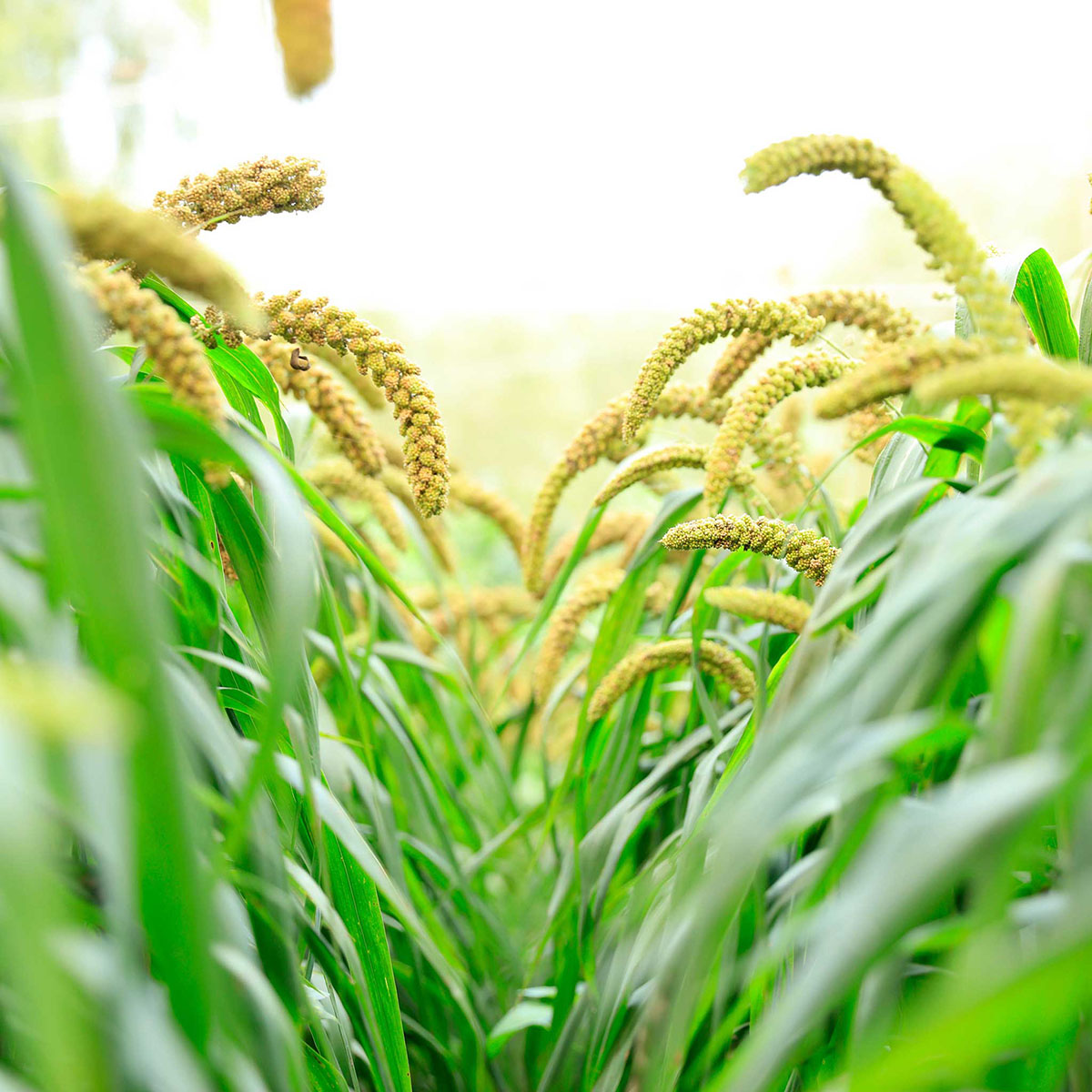
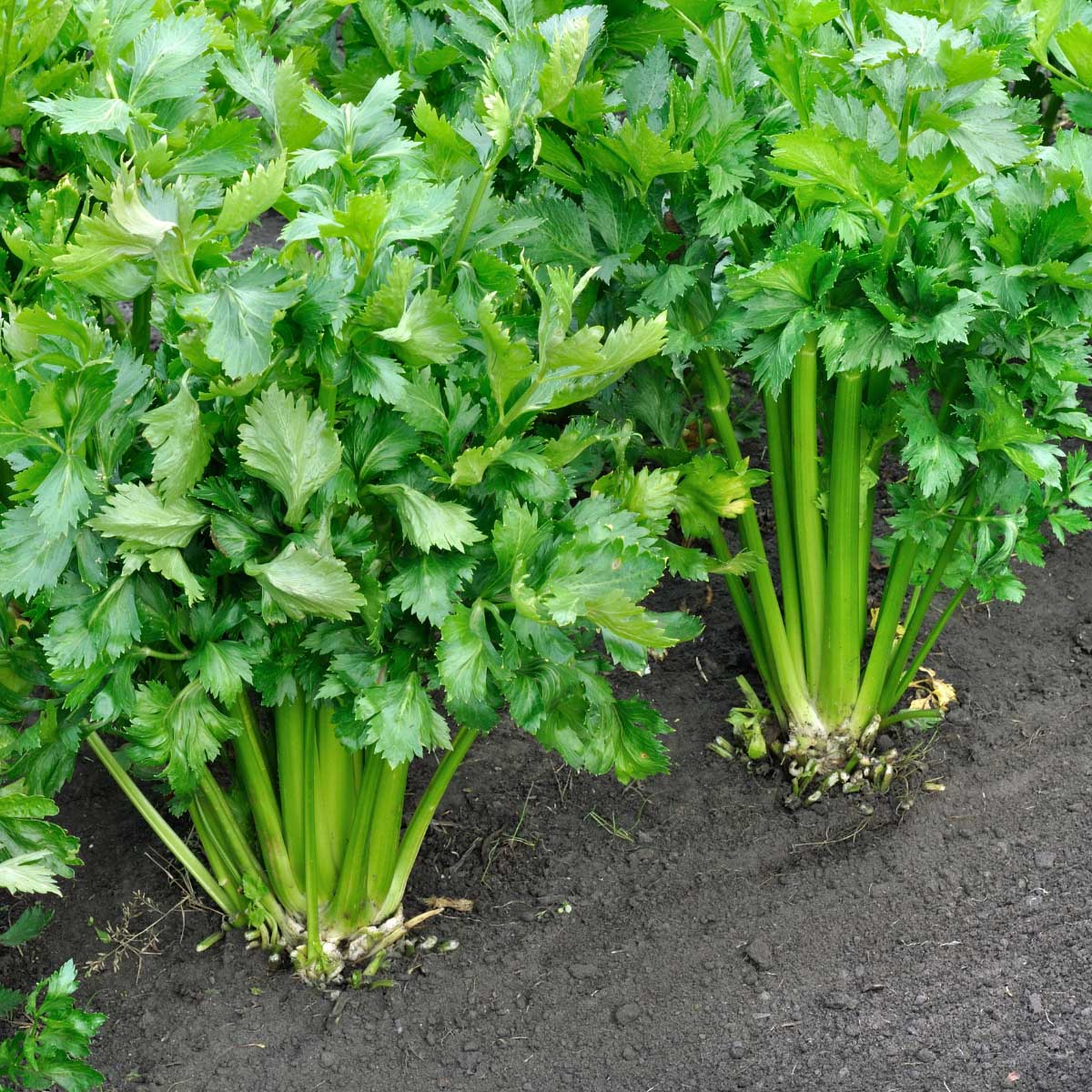
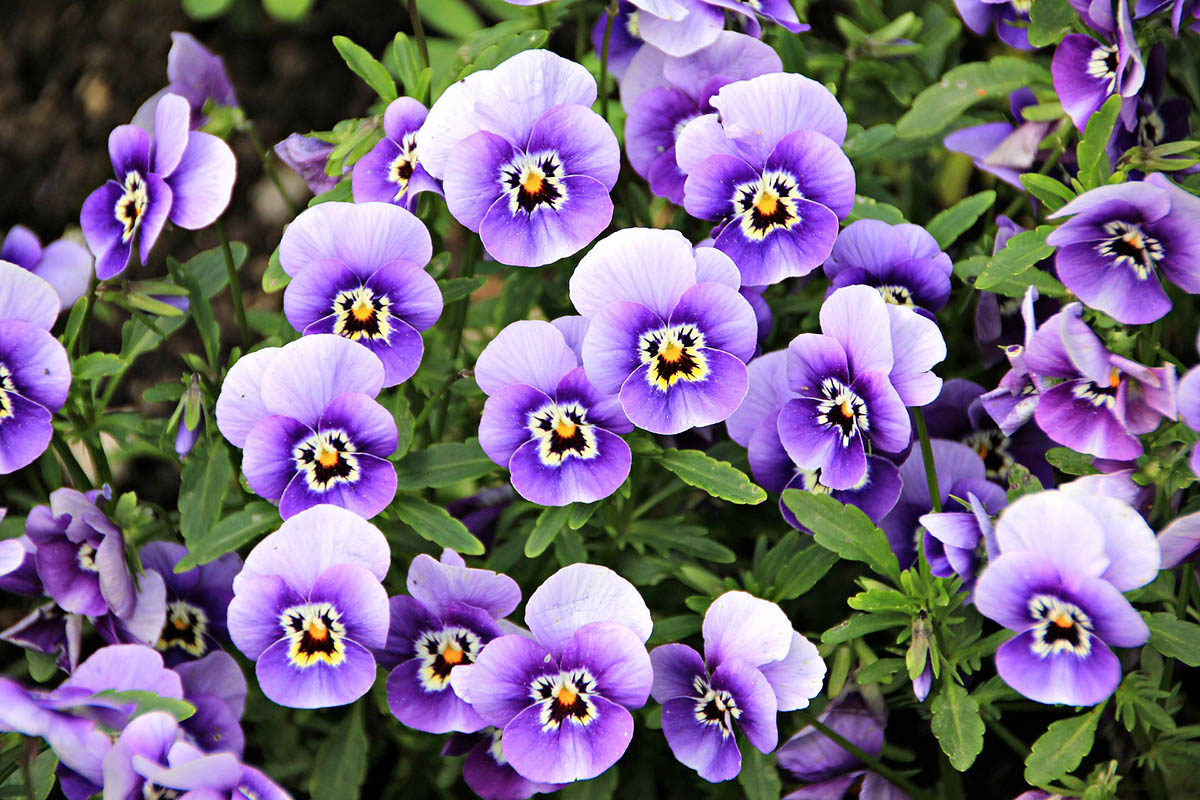
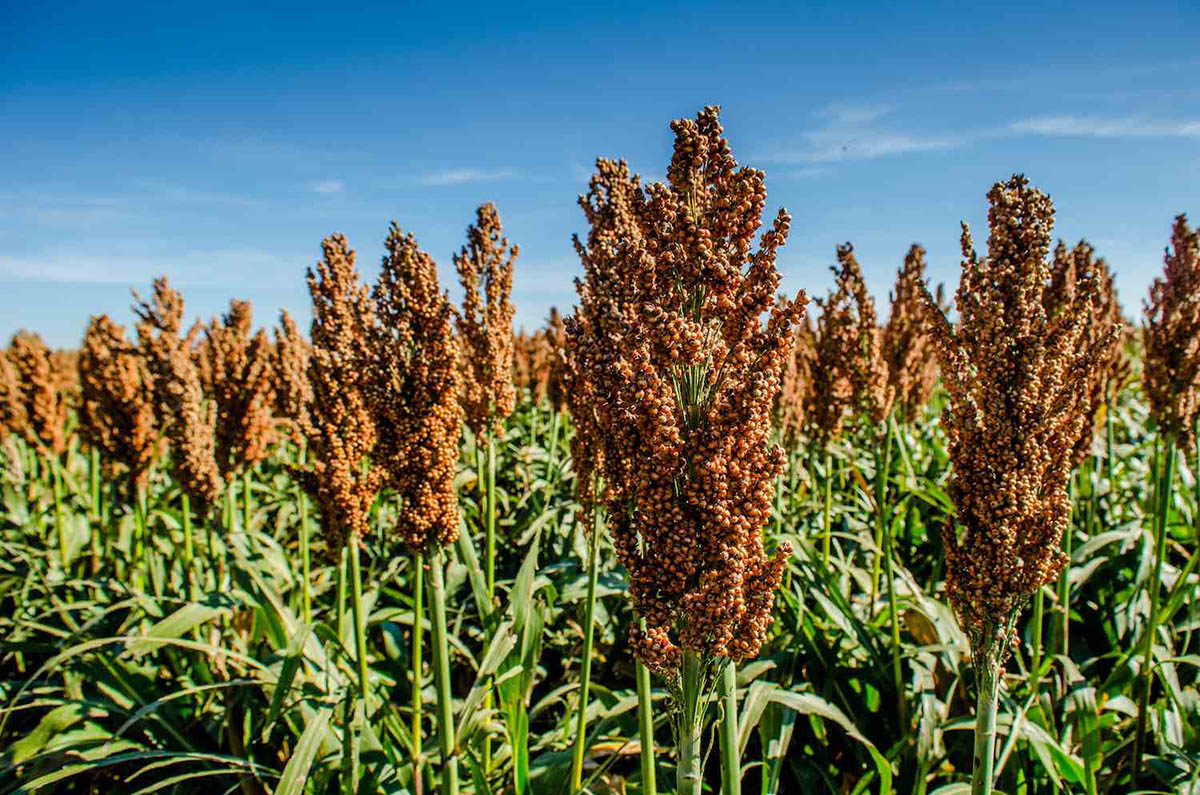
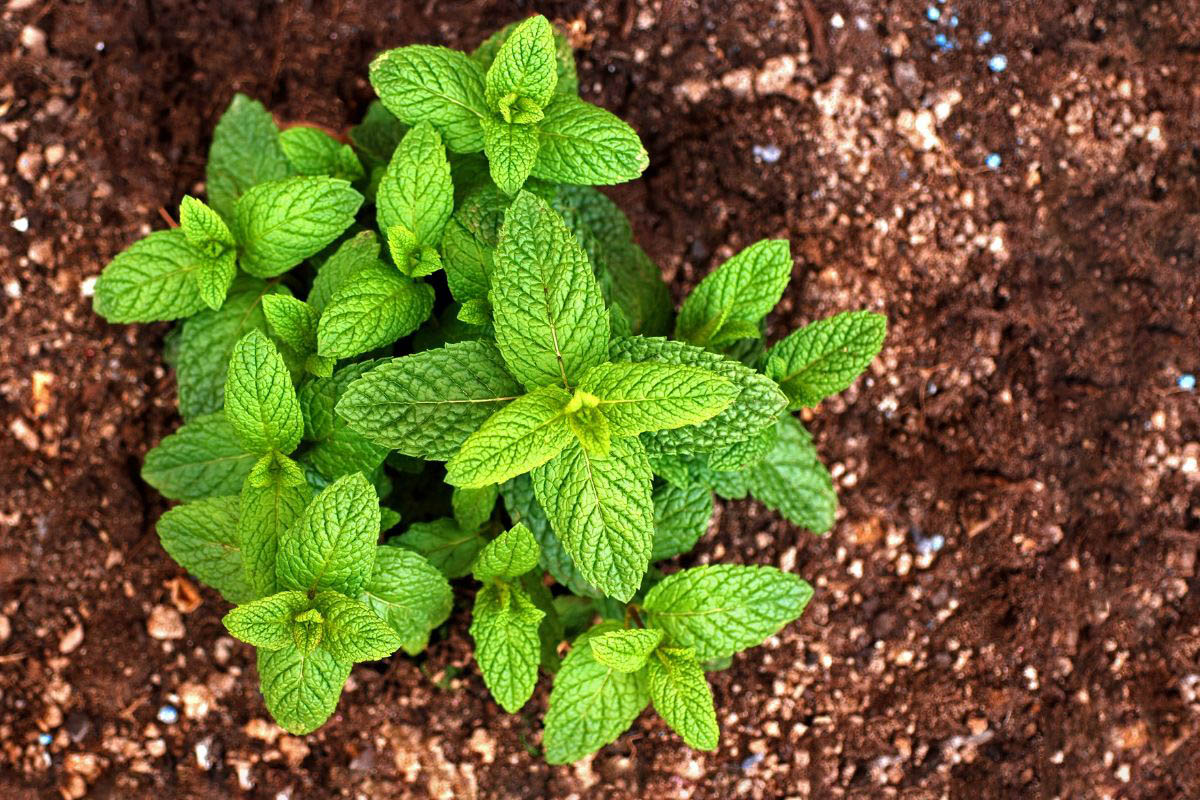
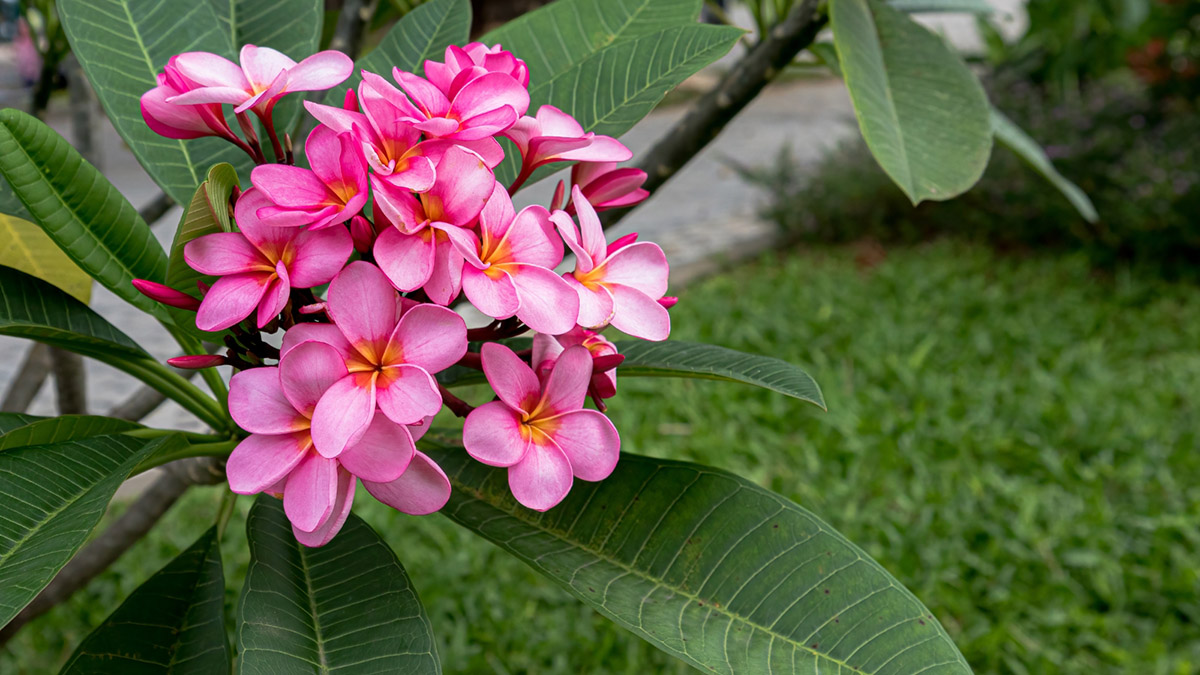
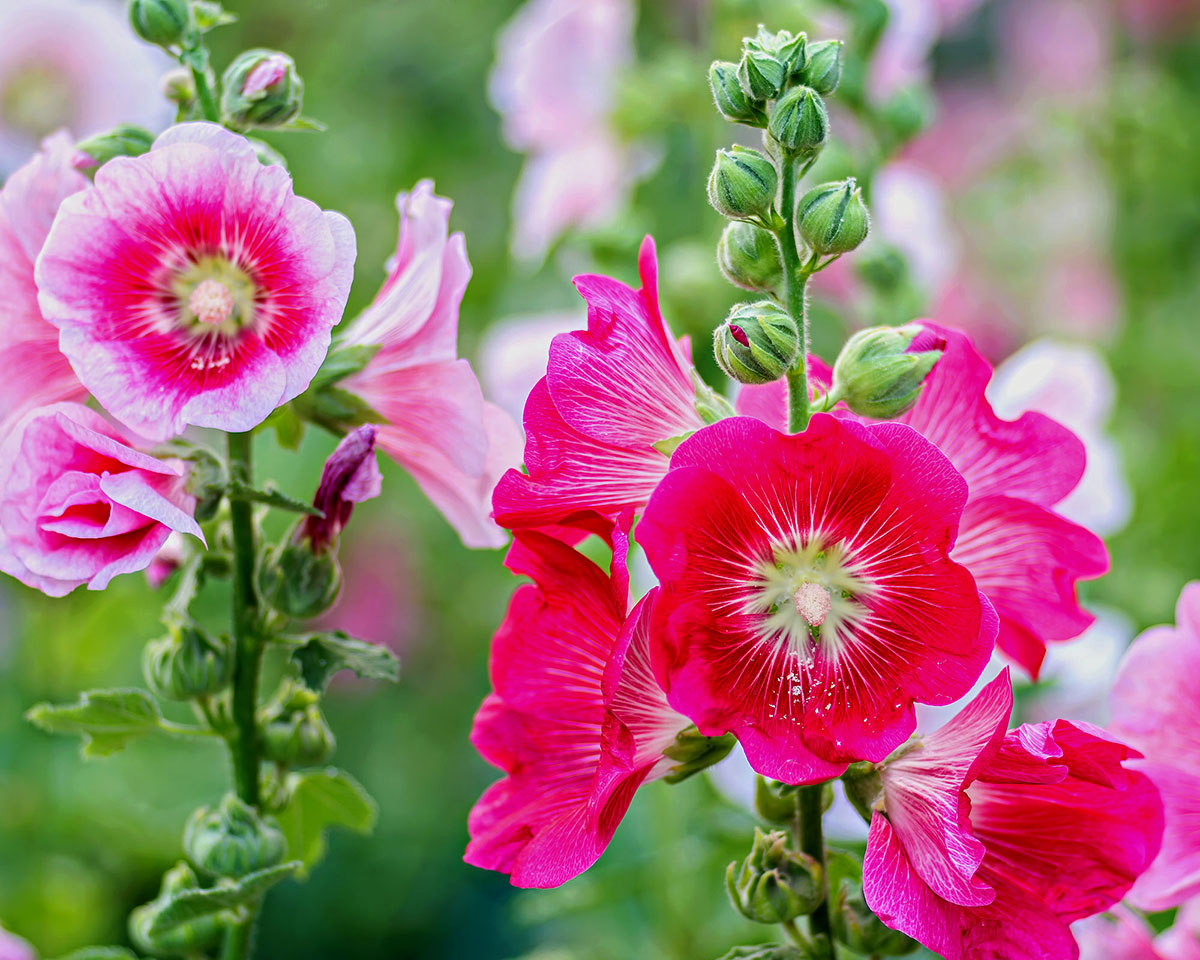
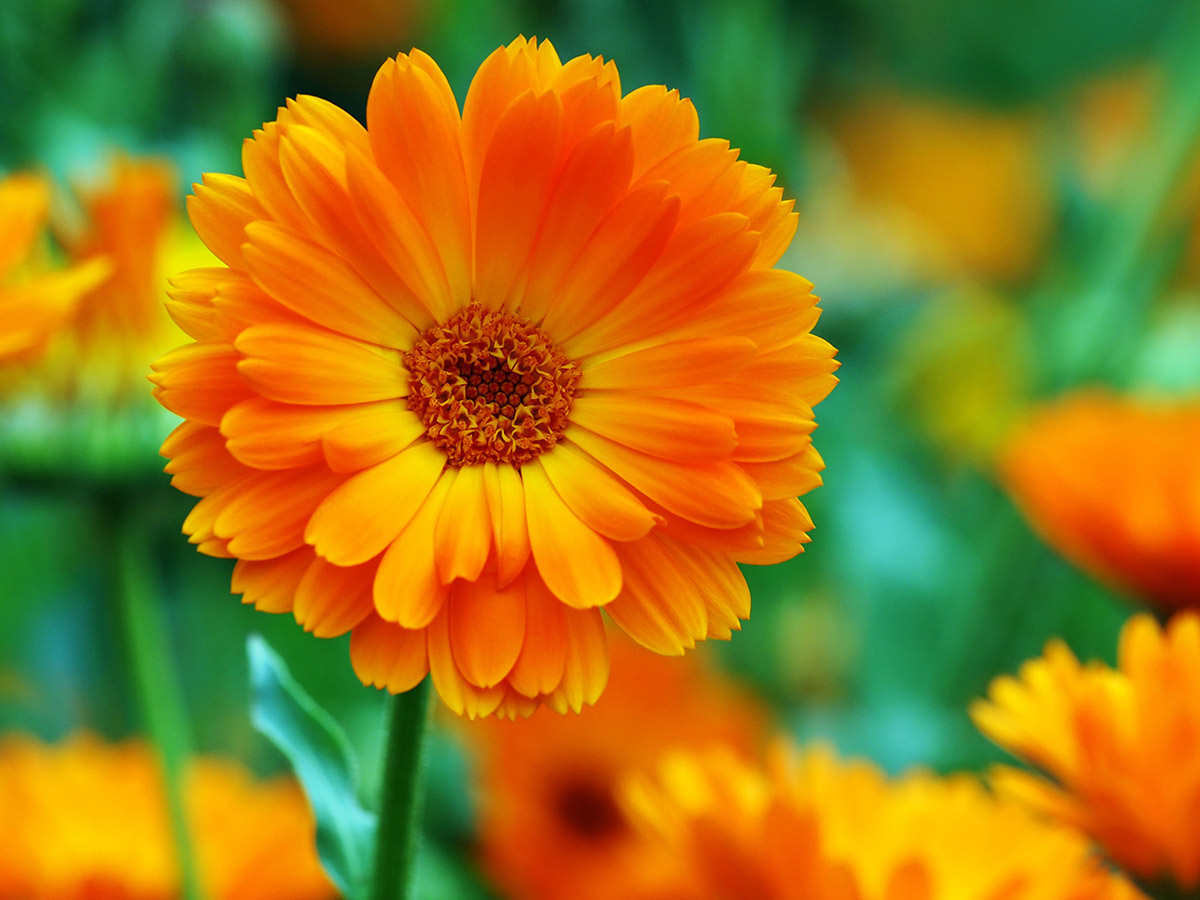
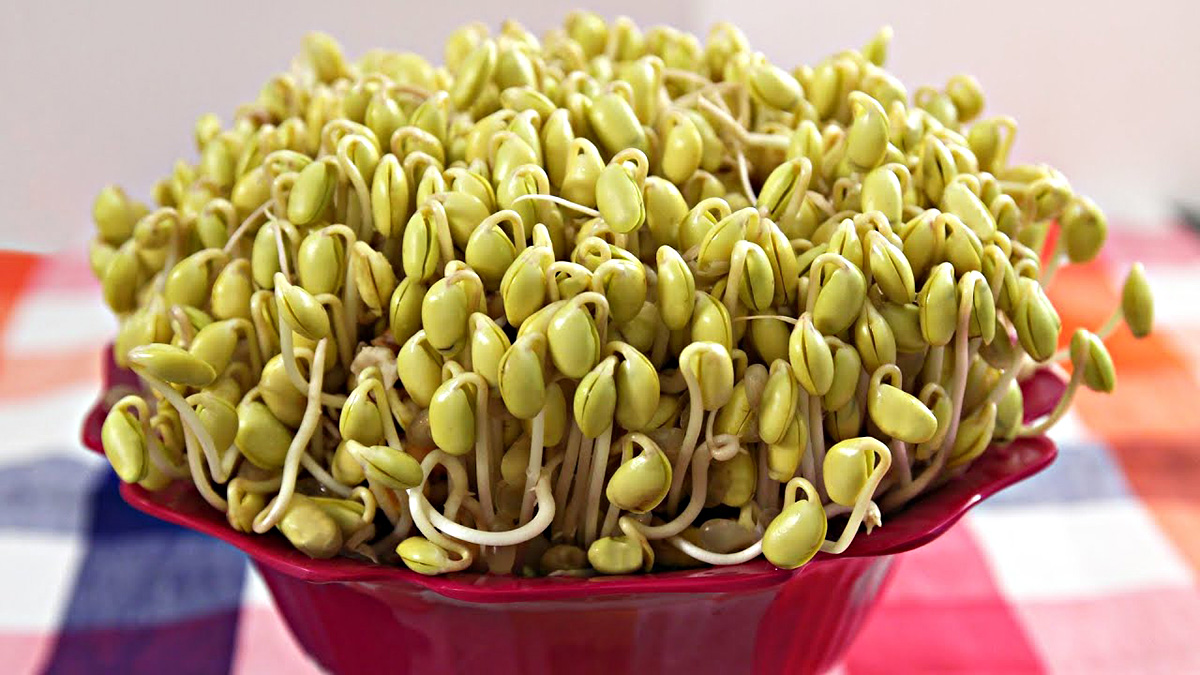
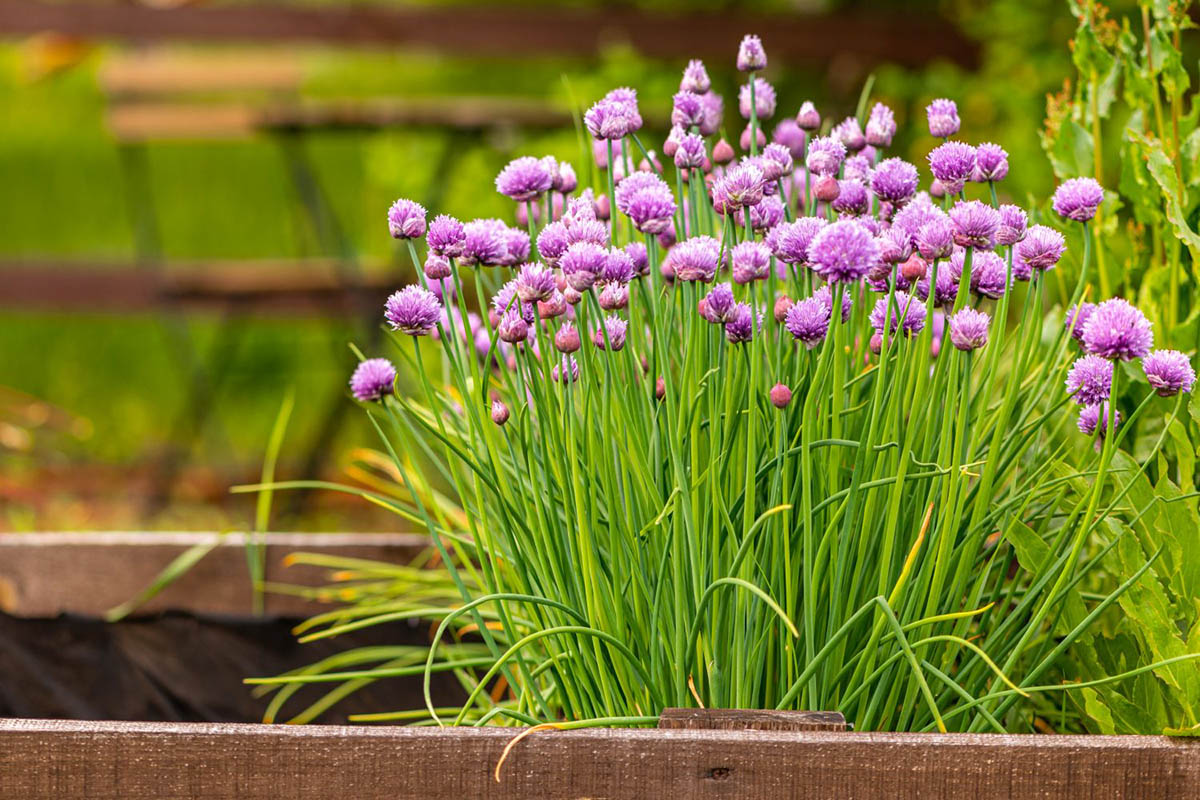
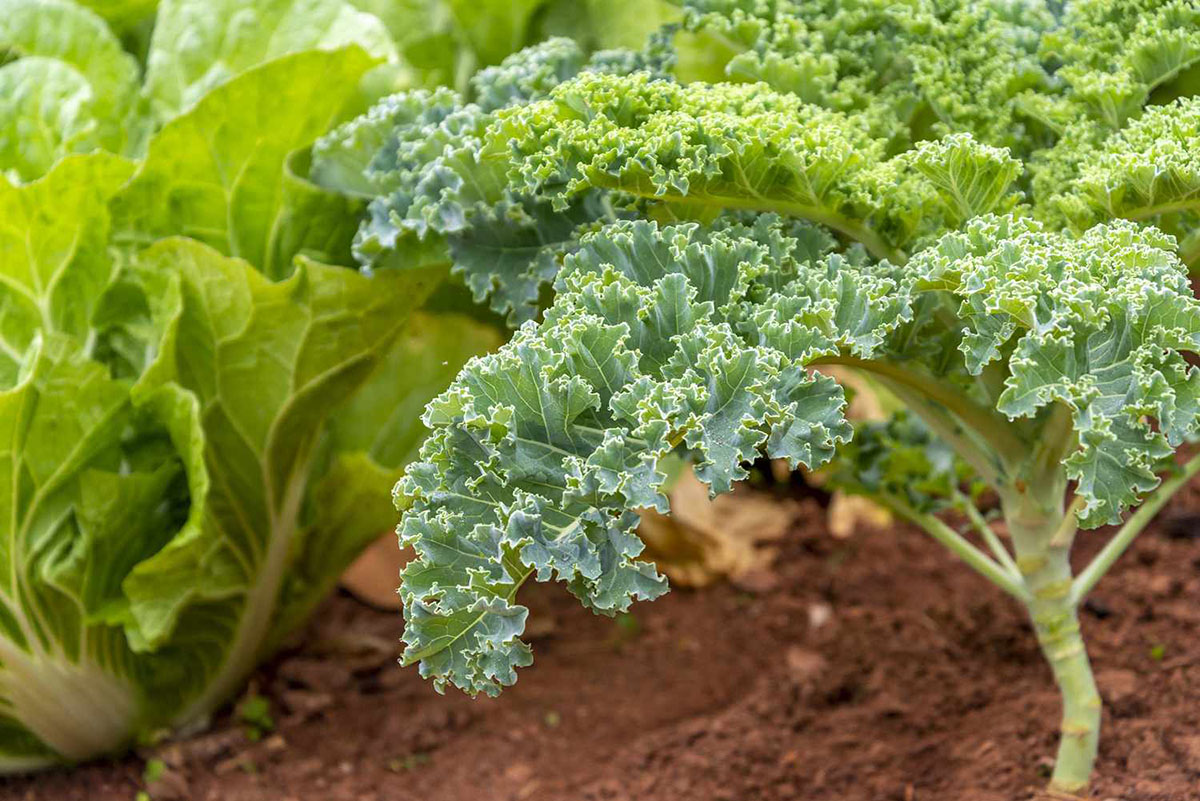
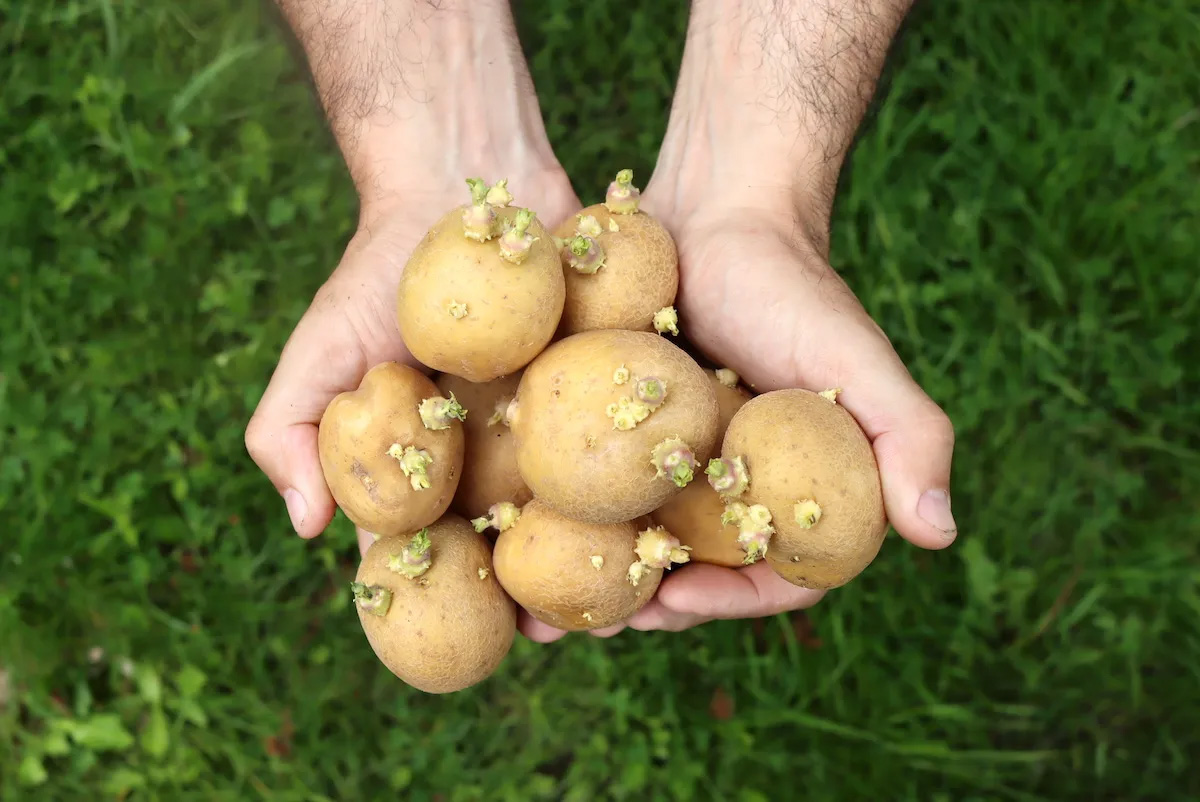
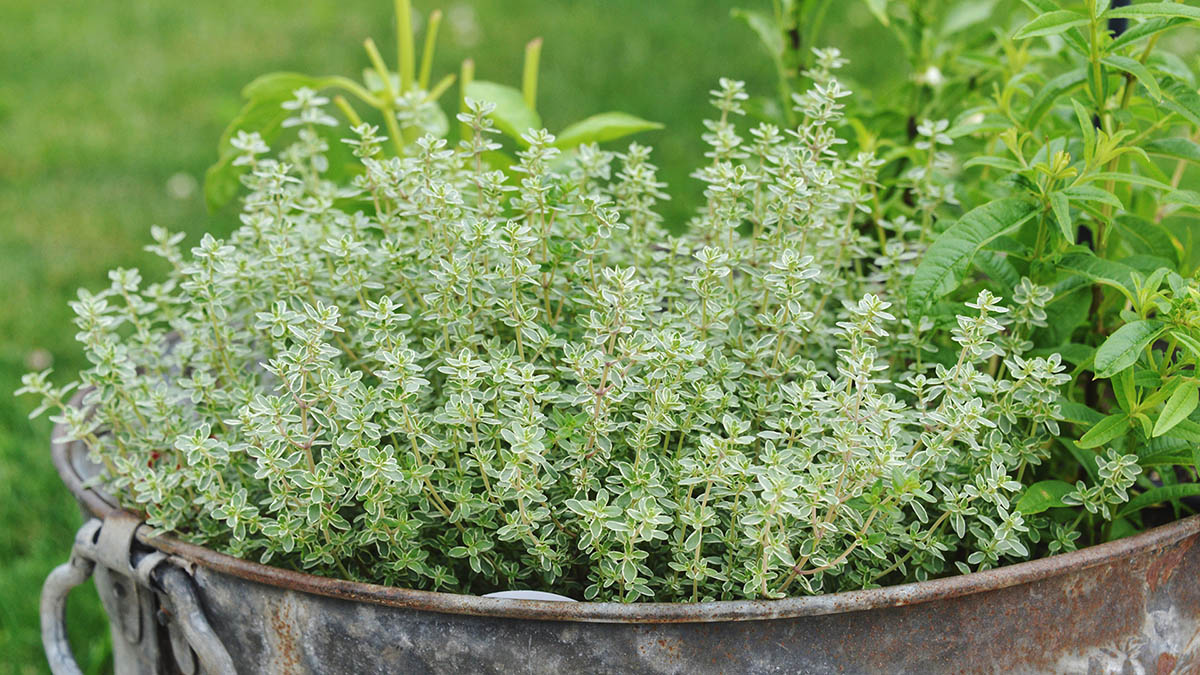
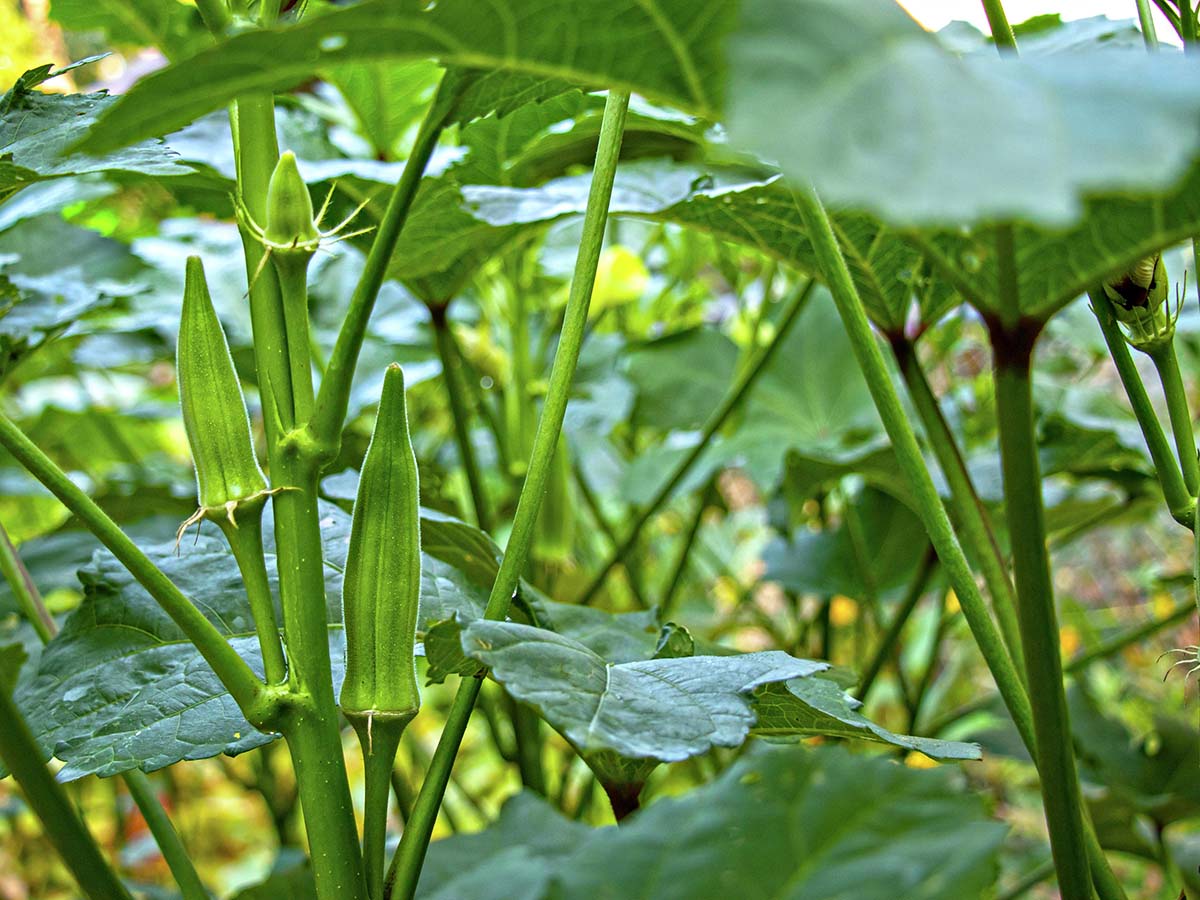

0 thoughts on “How Long Does It Take For A Seed To Germinate”